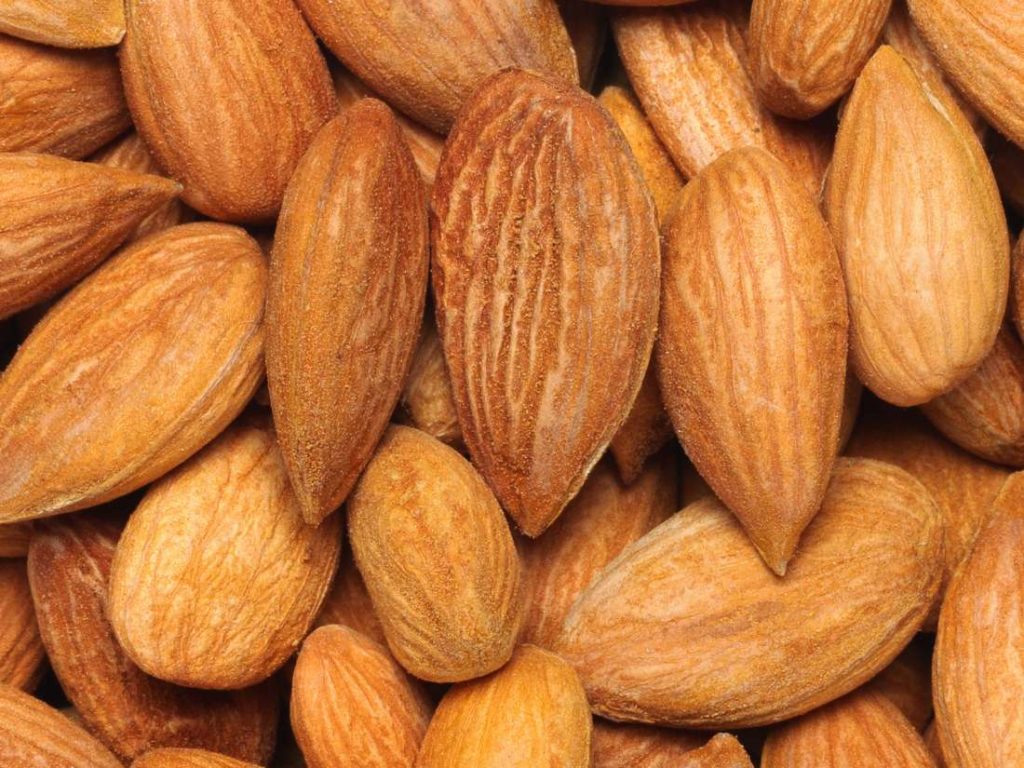Environmentalists Going Nuts
By: Erik Wilson
The more environmental regulations regarding water that are put on farmers, the more acres of almonds being planted will continue. The less diverse our state leadership is a big reason we are headed to this Ag monoculture.
But why?
As most of my readers know, my path into agriculture began with growing up in my small town. My passion for agriculture was fostered by being exposed to farmers and farm hands at a young age. People like them made me want to be part of this great industry.
Water, and the discussions of it, happened as I grew up in town. Eventually, I started farming my own crops, though I was a bit ignorant in my younger days. Still, I was fortunate enough to become best friends with Craig Martin in 3rd grade – and throughout my high school years. His step dad Mike and his two brothers were farmers, and often Craig and I would be riding with Mike in his truck and listening to the Ray Appleton Show on KMJ.
Ray had just started back then. It was around 1990 or 91 when I was listening to his show and the discussion about water and fish was a hot topic even then. I recall very vividly the conversation, or rather the debate, which seemed to be a week long conversation on his radio show.
One thing the environmental community was saying back then was that farmers should stop growing cotton because we should not use this limited resource called “water”, on then, a heavily subsidized crop. They exclaimed, “You farmers need to grow fruits and nuts with that water.” Well, back then the almond market wasn’t very good. There were limited varieties, and the market for them really had not been probed very well.
But something interesting happened: Farmers took the environmental community’s advice. Farmers did just what the environmentalists were asking and started growing those fruits and nuts, in spite of cotton. Many may not know, but the hundreds of thousands of acres that once were used growing cotton now are used to grow almonds, and they use less water now than back in the 90s.
But something else happened even earlier that helped set the stage for the Almond boom: The 1980’s brought about the health craze. People really wanted to find healthy products to eat. And the word got out that almonds are spectacularly great for you to eat. So, boom the market exploded, and the demand for them continues today as they are considered even more vital for a health conscious diet.
However, not all the areas of California could grow almonds so many decades ago. So, newer varieties of almonds were developed, which now allow almonds to be grown in areas that they couldn’t be grown before. And stricter regulations on water use came to be, with higher demands for health and “environmentally” conscious crops. As opposed to the cotton industry that was being demonized (for water use) and shrinking.
People will continue to see almonds planted simply because it is one of the only crops left that can pay all the bills and comply with all the burdensome regulations brought on by a one party state.
There are many people outside of agriculture that complain quite loudly at the sight of more almonds being planted. Little do they realize they are often the very reason they are being planted.
I say all this while not farming a single acre of almonds myself, so I have no horse in the Almond race. The reality is that farmers did what environmentalists recommended 30 years ago. Environmentalists already took water to help fish and other agendas, and now they are back for more, always back for more. Farmers did what they were asked to by the public, and now we have a permanent crop that has to be watered, or years and years of investment die as that almond tree suffers.
And as water becomes scarcer it makes it more expensive, as environmentalists flex their muscles Ag is often hurt needlessly even we comply, and still demonized afterwards. Many crops can’t afford the water. But for now almonds can. It’s about survival. I can assure you there are many farmers struggling with the idea of planting almonds today. Because, one thing farmers are good at is over supplying a market if the demand is there. And at some point it will happened with Almonds. But the reality of the economics of growing a vegetable crop versus almonds: almonds just simply pencil out better. I would argue being a diversified farmer would be a much wiser choice, but after the state water resource decision the other day, I’m not sure what you can grow in the future other than almonds.
By Erik Wilson







